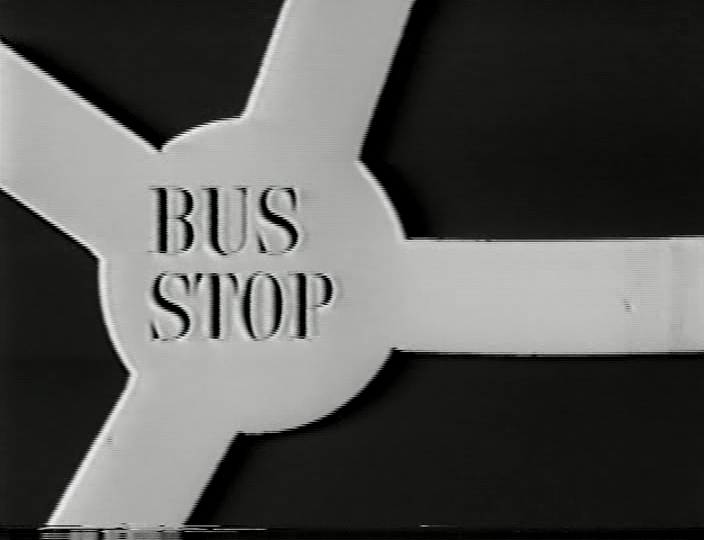Even armed with only a knowledge of his feature films, one of the most fascinating aspects of Robert Altman's career is his role as a bridge between the Golden Age of Hollywood and the renegade American cinema of the 1970s. Altman was born in 1925, five years before Clint Eastwood, who I've long maintained is probably the last vestige of the classical Hollywood tradition. Both garnered key early experience in television (Altman behind, Eastwood in front of the camera), and looking at his work through Bonanza it would appear that Altman is well on the road to a career resembling the one that Eastwood carved out as a director. But Altman, perhaps in part because he started his feature directing career fairly late in life and in part because he never had a mentor like Eastwood did in Don Siegel, ended up making films more in tune with the film school generation born more than a decade later.
At the same time that Altman was establishing himself at Warners, he also signed on for the second season of Bonanza, where he became a key director during the young western's most formative period, credited by creator David Dortort with playing an integral role in establishing the shape and feel that would make it an iconic and staggeringly long-running show. He directed seven shows in the second season and one in the third before choosing to move on.
Altman's Bonanza episodes include "Silent Thunder," with Stella Stevens as a deaf-mute taught sign language by Little Joe; "The Rival," a bleak story of vigilantism set against a hokey Hoss romance, an odd juxtaposition that the director manages to balance; "The Many Faces of Gideon Flinch," a comedy of mistaken identity and Runyonesque lowlifes that stars Sue Ane Langdon, Arnold Stang, and Altman regular Owen Bush; and "The Duke, " which makes mention of the Benicia Boy, the 19th-century boxing champion who was a character in one of Altman's Sugarfoot episodes. The latter episode also features a dysfunctional pair of nomadic rogues, not an unfamiliar theme in Altman's work.
"Bank Run" involves a scheme by a conniving millionaire to close his bank in order to force a mortgaged miner to relinquish his claim, somewhat foreshadowing the plot of McCabe and Mrs. Miller, while "The Dream Riders" hints at Brewster McCloud in its tale of an army major who dreams of flying, hatching a bank robbery plan to fund his hot-air balloon experiments. Altman's best episode is the outlandish "Sam Hill," an abortive pilot for a series about the folk legend starring Claude Akins, which begins on a feverish note with Akins hammering rhythmically on an anvil while driving a horse-drawn cart in a thunderstorm.
Altman also became an integral part of the sole season of Bus Stop, an anthology series very loosely based on the Joshua Logan/Monroe film, itself very loosely based on the William Inge play. The show used the titular waystation as a chance to focus on a passer-through of the week and their story, similar to The Millionaire but much smarter and more adult in tone - to a controversial extent.
In addition to directing, Altman also contributed story ideas to the show, as on "Door Without a Key," a morally ambiguous tale of a police detective tempted by a femme fatale on the run. He also helmed "...And the Pursuit of Evil," which featured frequent collaborator Keenan Wynn as another compromised cop. But the most notable entry from Altman's Bus Stop stint is "A Lion Walks Among Us," starring teen icon Fabian as a psychopathic drifter and sometime gigolo who kills a shop owner, burns his own hands to claim police brutality, and charms his way to near-freedom after his trial threatens to expose the alcoholism (and hinted nymphomania) of the prosecutor's wife.
It's a grim show for the time, strongly and unstintingly directed by Altman, who manages to turn Fabian's innocuous good looks to twisted ends. The episode courted controversy from the outset, driving away sponsors and ultimately landing network execs in front of a Congressional subcommittee headed by Connecticut senator Thomas J. Dodd (fittingly, the father of former senator and now MPAA head Chris Dodd). The disapproval helped to sink the show after one season.


No comments:
Post a Comment